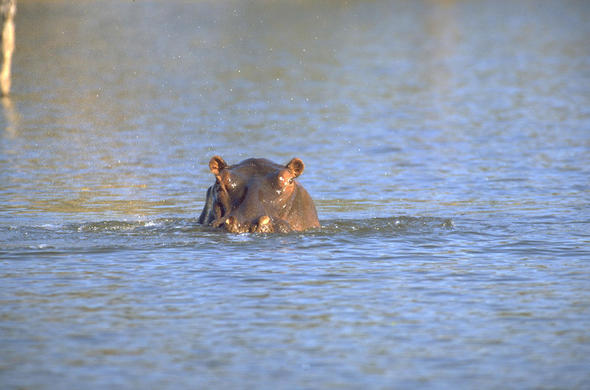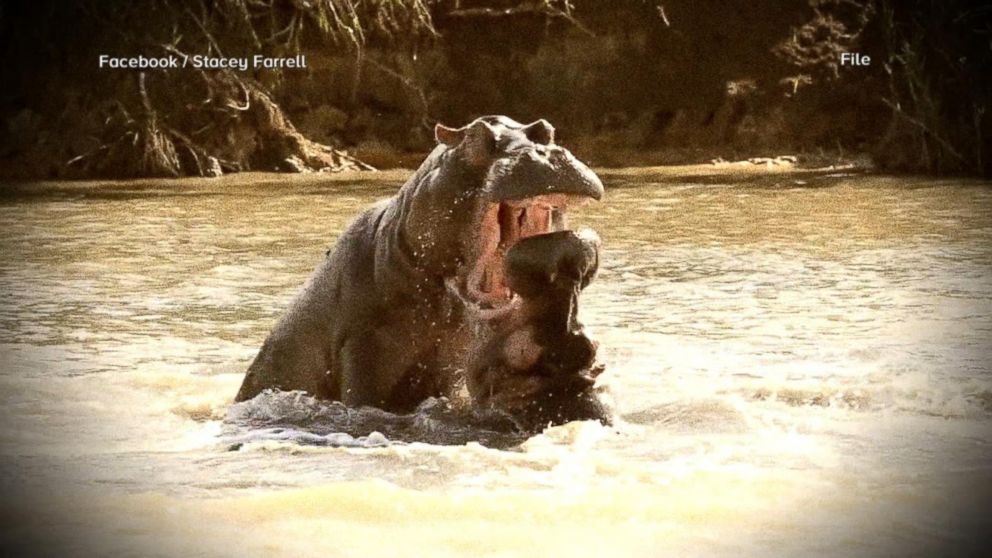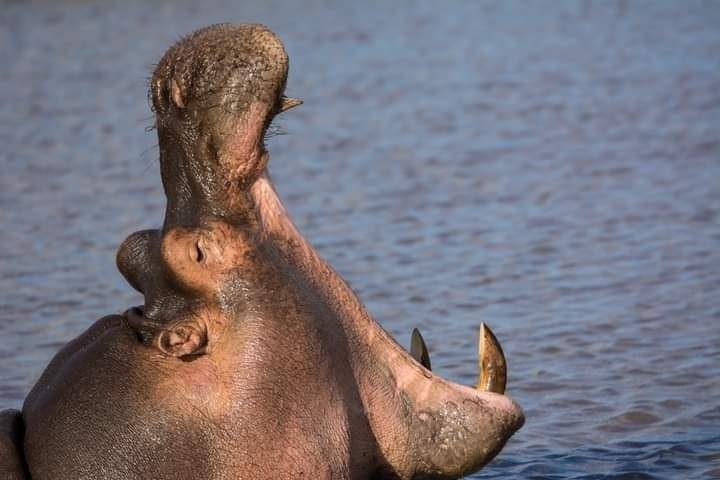Introduction: A Journey Through Africa’s Wilderness
Traveling has always been a gateway to discovering new cultures and breathtaking landscapes. However, it also comes with its own set of risks, especially when encountering wildlife. One tragic incident that shocked many was the death of an American tourist killed by a hippo in Africa. This article delves into the details of this unfortunate event, what led to it, and provides essential safety tips for travelers to avoid similar outcomes.
The Incident: What Happened?
In recent years, the news of an American tourist being killed by a hippo made headlines around the world. While hippos may seem docile and even charming from a distance, they are among the most dangerous animals in Africa. According to reports, the victim was kayaking in a river known for its hippo population when the encounter occurred.
Understanding Hippo Behavior
Hippos are highly territorial animals and can become aggressive if they feel threatened. They spend most of their day submerged in water, and it is essential for travelers to be aware of their habits. The interaction between humans and hippos can be deadly, and understanding their behavior is crucial for safety.
Travel Safety Tips: How to Stay Safe Around Wildlife
While the allure of Africa’s wilderness is undeniable, ensuring your safety is paramount. Here are some essential travel safety tips that can help you enjoy your adventures while minimizing risks:
- Stay Informed: Research the areas you plan to visit and be aware of local wildlife. Know the risks involved, especially when near water bodies.
- Respect Wildlife: Maintain a safe distance from all wildlife. Do not approach animals, even for a photo opportunity.
- Travel with Experts: Always consider hiring a local guide who knows the area and its dangers. They can provide valuable insights and ensure your safety.
- Choose Safe Activities: Be cautious about engaging in activities like kayaking or swimming in areas known for large wildlife populations.
- Listen to Warnings: If locals or guides advise against certain activities or areas, take their warnings seriously.
Destination Highlights: Exploring Africa Safely
Africa is filled with incredible destinations that offer unique experiences. Here are some of the top places to visit, along with their safety profiles:
| Destination | Highlights | Safety Profile |
|---|---|---|
| Safari in Kenya | See the Big Five in Masai Mara | Generally safe with guided tours |
| Victoria Falls, Zambia | Experience one of the Seven Natural Wonders | Safety varies, follow local advice |
| Table Mountain, South Africa | Hiking and stunning views | Safe in groups, avoid night hikes |
| Kruger National Park | Famous for wildlife sightings | Generally safe, adhere to park guidelines |

Pros and Cons of Wildlife Tourism
Engaging in wildlife tourism can be both rewarding and risky. Below are some pros and cons to consider before embarking on your adventure:
Pros
- Unique experiences with nature and wildlife.
- Opportunity to support local communities and conservation efforts.
- Unforgettable memories and breathtaking views.

Cons
- Potential danger from wildlife encounters.
- Environmental impact on habitats.
- Possible exploitation of animals for tourism purposes.
Personal Experiences: My Encounters with Wildlife
During my travels to Africa, I had the opportunity to witness wildlife in their natural habitat. One of my most memorable experiences was on a guided safari in Kruger National Park. Our guide emphasized the importance of staying in the vehicle and respecting the animals’ space. It was exhilarating to see elephants, lions, and rhinos up close, all while maintaining our safety.

Another experience was a boat ride on the Zambezi River. While we were fortunate to safely observe hippos and crocodiles from a distance, our guide shared chilling stories about past encounters. This served as a reminder that while nature is beautiful, it is also unpredictable.
FAQs About Hippos and Travel Safety

1. Are hippos really dangerous to humans?
Yes, hippos are considered one of the most dangerous animals in Africa due to their aggressive nature and territorial behavior. They can attack boats and humans if they feel threatened.
2. What should I do if I encounter a hippo?
If you encounter a hippo, avoid approaching it. Stay calm, back away slowly, and seek shelter in a safe location. Never run as it may provoke a chase.

3. Is it safe to kayak in Africa?
Kayaking can be safe if done in designated areas with a guide. Always prioritize safety and understand the local wildlife before engaging in any water activities.
4. What are the best practices for wildlife photography?
Use a zoom lens to capture images from a safe distance, avoid using flash, and always stay in your vehicle or follow your guide’s instructions.

5. How can I support wildlife conservation during my travels?
Choose eco-friendly tours, donate to local conservation organizations, and educate yourself about the wildlife and habitats you visit.